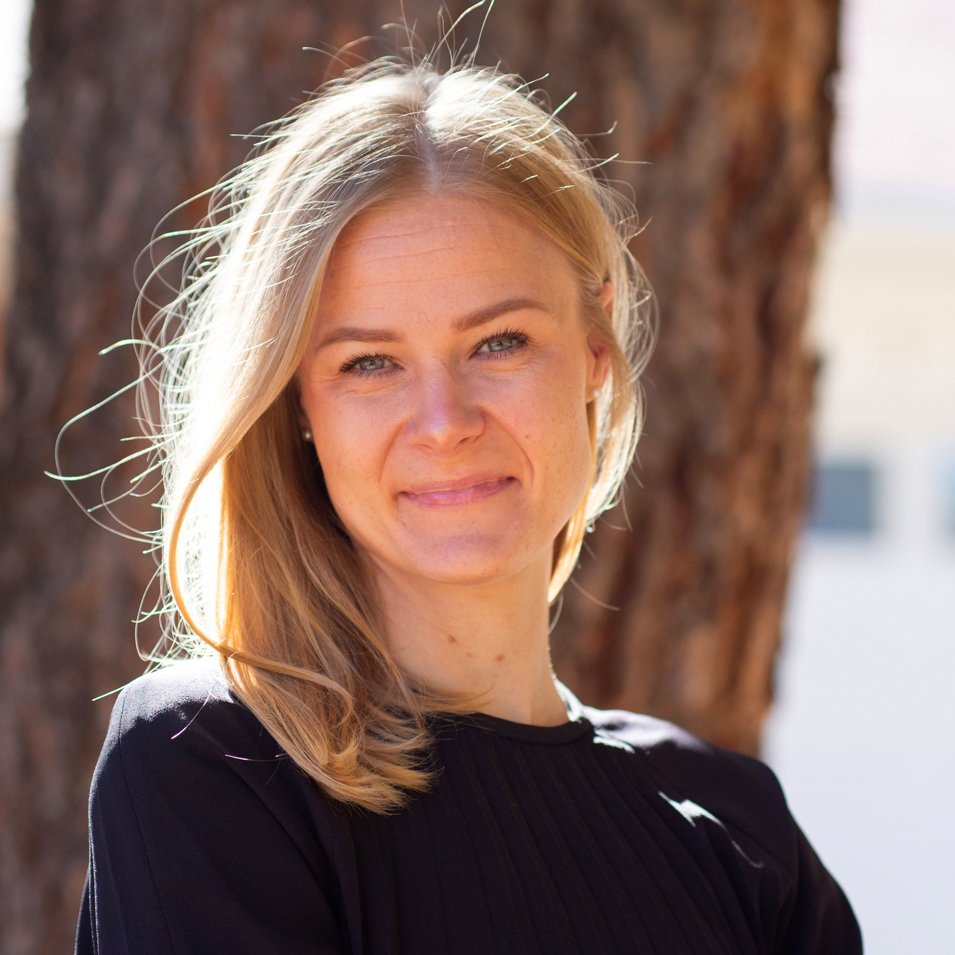Cassie Boness
BIO
Licensed Clinical Psychologist and Research Assistant Professor at the Center on Alcohol, Substance use & Addictions, University of New Mexico (US). Mom-of-two.
Twitter: @Cassie_Boness
Cassie Boness
“Several people assumed that after my pregnancies I would drop out of my program. ”
I am a clinical psychologist and addiction scientist who is interested in reducing suffering in the lives of people who use substances, by improving our understanding and identification of addiction etiology and what treatments work best for whom.
My journey to parenthood started very intentionally in 2016 as I was entering my fourth year as a graduate student.
Sadly, my first pregnancy ended in a miscarriage, about a week before my comprehensive exams. At the time, I stayed quiet and put my head down, desiring to get through this benchmark without drawing attention to myself or delaying it further. All while silently breaking inside of myself.
There were few mentors I felt I could turn to during this time. I would go on to have my first son in June of 2017. Most of my pregnancy was spent battling with university administration and advocating for myself to have a paid maternity leave. My first leave lasted 6 weeks, which I now look back on with horror. The timeline of my second son’s birth in 2019 was a bit more chaotic. Although this time I was lucky to have funding that supported an 8-week paid maternity leave, I struggled to slow down and ignore the internal and external pressures to keep up my program of research. My youngest son was brought to several conferences as well as about a month of clinical psychology internship interview travel. It was an exhausting time but one I look back on with great fondness because he got to experience me being both a mom and doing a job I highly value.
As a pregnant, breastfeeding, and parenting person, I found graduate school to be flexible and accommodating but also characterised by discrimination and intense microaggressions. Several people assumed that after my pregnancies, I would drop out of my program. Others commented on my size.
Someone told me they didn’t invite me to collaborate on a project because they figured I was too busy. After years of advocating for people to have a safe pumping space on campus, the administration responded by creating a shared faculty lounge + nursing space. I was horrified and felt discouraged about my place in academia. To make matters more challenging, I often felt isolated from other graduate students in my program as many were not parents. I believe many of them tried their best to connect with me, but I often felt left out in “typical” graduate student activities because of my other responsibilities as a parent.
At the same time, there have been many colleagues and mentors along the way that I could share these challenges with, many of whom then went on to advocate fiercely for me.
I’ve met people who see me as both a parent and an academic, rather than forcing me to act like a part of myself doesn’t exist. I have colleagues that remember my kids’ birthdays and sent them toys to play with just because. This has meant so much to me over the years and, with time, it has become clearer that I do have a place in academia.
In general, I have found being an academic parent to be one of my greatest joys. Although there have been times of wishing we could live closer to family. However, burnout and COVID-19 quarantines have left me feeling exhausted and hopeless, but I am also very grateful that my job allows me immense flexibility to be present for my children.
Over the years, I have been able to connect with and support other academic parents, which I have found incredibly rewarding and has given me immense purpose. There is something incredibly rewarding about advocating for them and reassuring them that they do have a place here and can succeed in academia as a parent, particularly as a mother.
So, if you’re reading this and wondering if you belong, I'm going to tell you something I wish others had told me: you belong here. AND, academia needs structural reform to better support you as a parent.
It is imperative to acknowledge that I experience great privilege as a white cisgender heterosexual woman with a partner that shares a huge portion of the caregiving, including emotional, physical, and financial aspects of parenting. This is not lost on me and has certainly impacted my experiences as a mother in academia. In many ways, structural systems have worked for me more than against me.

